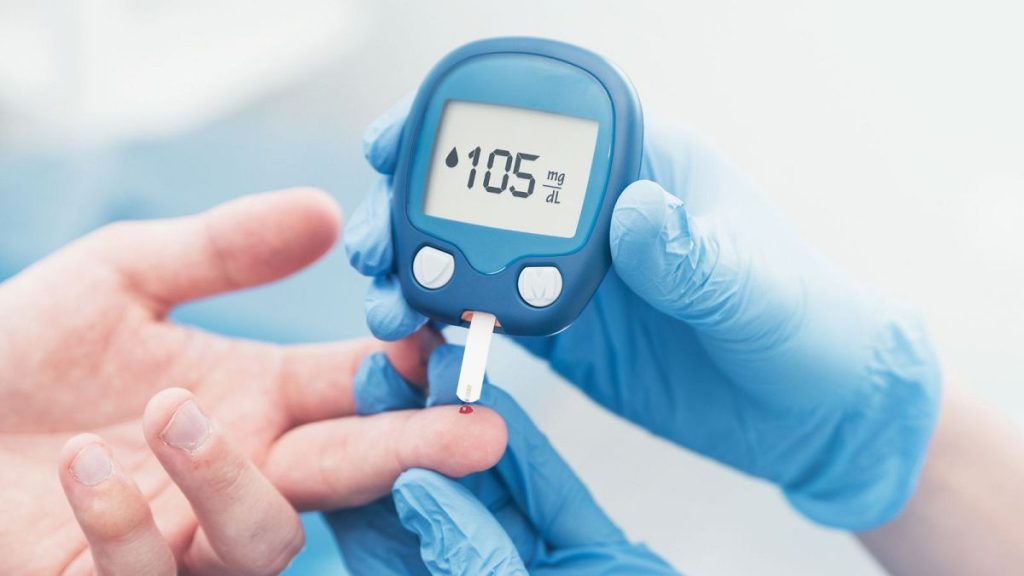New preclinical research has discovered a combination therapy that significantly increases insulin-producing cells and effectively reverses diabetes.
For the hundreds of millions of people living with diabetes, a new research breakthrough may offer hope for a cure.
Scientists from Mount Sinai Medical Center and City of Hope Medical Center in the US have developed a drug treatment that can increase insulin-producing cells (beta cells) in mice by 700% in three months, effectively reversing the disease.
“This study is the first to show that a treatment, or combination of treatments, can increase insulin-producing cells in humans in the body,” Dr Adolfo García Ocaña, corresponding author of the study, told Euronews Health.
“This study offers hope that regenerative therapies may one day be used to treat the hundreds of millions of people with diabetes,” he added.
According to the World Health Organization (WHO), as of June this year, 422 million people worldwide had diabetes.
Beta cells These cells are found in the pancreas and are responsible for producing insulin, which regulates blood sugar levels in the body.
In diabetic patients, the number and quality of these cells declines and there is no way for them to regenerate, making diabetes irreversible. Generally managed Type 1 diabetes is treated with regular insulin injections, while type 2 diabetes is treated with specialized drug therapy.
Previous research They primarily focused on growing new beta cells in a laboratory setting and then transplanting them either directly into mice or into tiny devices implanted in humans.
However, recent preclinical studies have shown that they can directly grow insulin-producing cells in diabetic mice and restore beta cell function.
The findings were published in the journal. Science Translational Medicine.
The new treatment is a combination therapy that uses harmine, a natural compound found in certain plants, and a GLP1 receptor agonist, a type of drug such as Ozempic that is commonly used to treat type 2 diabetes.
Dr. García Ocaña explained that small numbers of human beta cells have been transplanted into mice that lack an immune system, serving as a standard model for the study of type 1 and type 2 diabetes.
“When we treated mice with this combination therapy, their diabetes was rapidly reversed,” he added.
Phase 1 clinical trials to evaluate harmine’s safety in humans are underway at Mount Sinai in New York, and the research team hopes that the work will bring scientists one step closer to developing new treatments for diabetes.
“In the future, if we can grow endogenous beta cells in a safe way in diabetic patients, it would be a major advance in the treatment of the disease,” Garcia Ocaña said.


